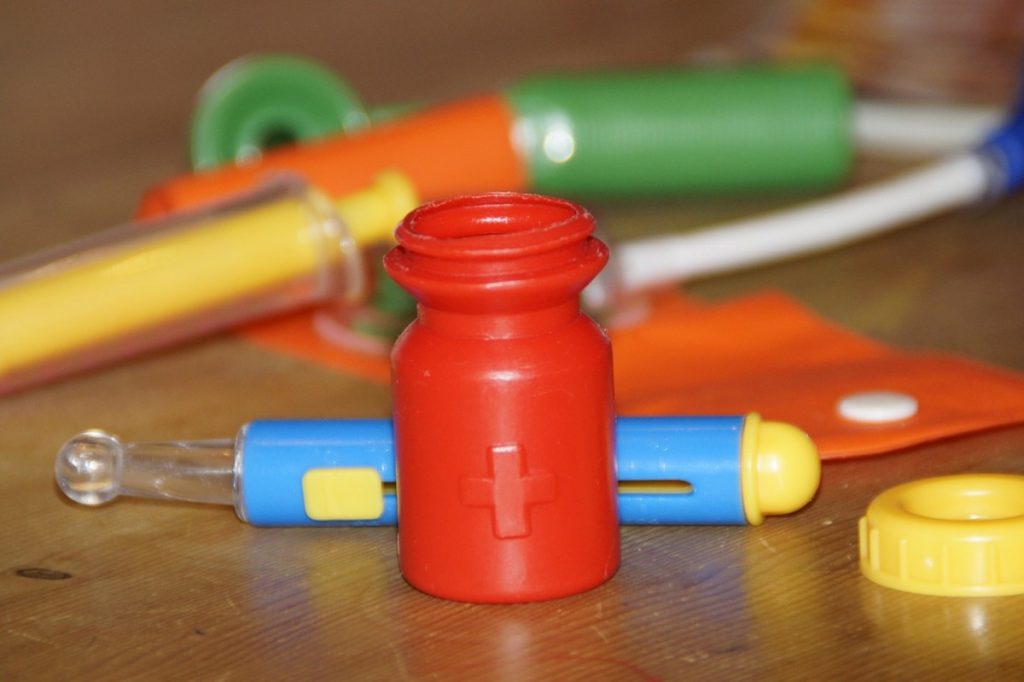Have you heard of what deconstructed role play is?
Recently the term deconstructed role play is becoming more popular with early years workers but what does it actually entail? Traditional role play areas are often themed and inspired by adults, for example, a vets, supermarket or garden centre, however, many are now arguing that these areas are not as enabling as once, thought. This is because they have become very adult led areas as many children have never been to a vet, children don’t buy their own groceries, and they don’t buy their own flowers. They have become areas that instead of enhancing the imagination are now beginning to place restrictions on the imagination, and instead of allowing children to make sense of the world around them it is only allowing them to explore small snippets they have experienced or understood from role modelling the adult’s language while in the role play area. It is upon discovering this that many are now choosing to create a deconstructed role play area.
What resources do I need?
A deconstructed role play area is not the most pleasing to the adult’s eye, however, it really allows children to use their imagination and explore without limits. Many move or loose the standard kitchen role play units and instead fill an area of the room with clothes horses or washing lines (perfect for den building and creating any role play the children desire and can do by themselves) empty shelves for enhancement boxes and resources such as:
· Boxes – large and small
· Fabrics – Great for den building
· Tubes
· Crates
· Gift bags
· Pegs
· Large paper, clipboards and pens – For children to create and document their experiences.
Many settings choose to create ‘enhancement boxes’ to support any particular interests, these are then added to the role play area. Enhancement boxes might include:
· Dolls – Some children may have younger siblings or a baby born into the family. The dolls, bottles and some nappies may then be placed in the deconstructed role play area to enhance the interests and learning.
· Tea party pieces – If the children are showing a keen interest in making their own home corners using the open-ended materials you may choose to add a box containing plates, cups, small amount of food etc…
· Supermarket Resources – If the children are making the resources into their own supermarket you may like to add a till, some pretend money etc…
What are the benefits of deconstructed role play areas?
Deconstructed role play allows children to fully engage in the experiences without there being no limitations placed on their imaginations. It creates a language rich learning space where children can interact with one another sharing ideas and developing their own play scenarios. Children can make sense of the world around them by exploring and investigating things that are current, relevant and interests them.
What are your views on deconstructed role play?

